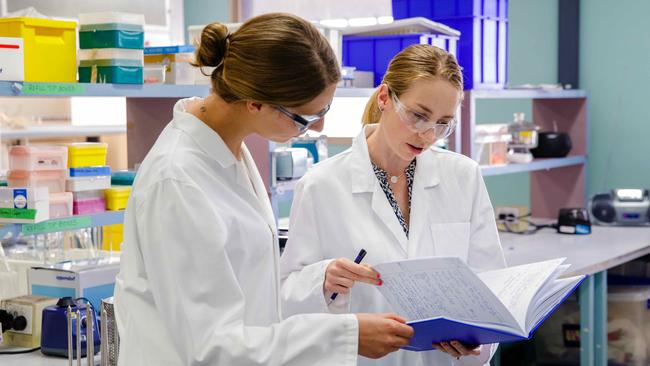An extensive new study performed over two years will answer crucial questions regarding the residents of Oakey’s exposure to per- and poly-fluoroalkyl substances.
 UQ research will aim to determine how effective efforts to control exposure to PFAS have been in Oakey, Williamtown and Katherine, and why PFAS levels in some residents reduce faster than others – and residents are being called up to volunteer their assistance.
UQ research will aim to determine how effective efforts to control exposure to PFAS have been in Oakey, Williamtown and Katherine, and why PFAS levels in some residents reduce faster than others – and residents are being called up to volunteer their assistance.
Queensland Alliance for Environmental Health Sciences Professor Jochen Mueller said the study would deduce whether PFAS blood concentrations are being reduced in the communities.
“Where we find this is not the case, we want to identify whether there are ongoing sources of exposure and control them,” he said.
“People who have previously had their blood collected and analysed for PFAS and have elevated concentrations in their blood are invited to take part.”
Participants are required to provide one blood sample this year and another to measure changes in the concentration of PFAS in the blood over time.
The QAEHS team also hopes to contribute to the broader research into PFAS exposure and the potential association with health issues.



